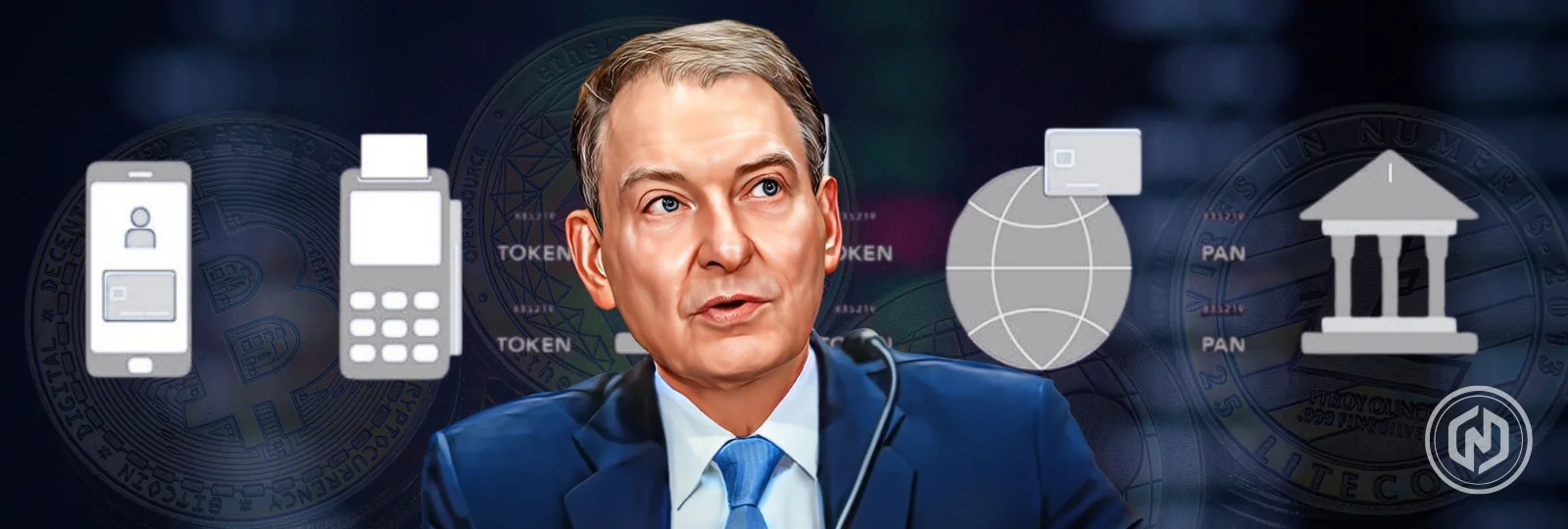On July 2, the SEC Chairman, Paul Atkins, called tokenization a key innovation and suggested that the SEC should focus on the advancement of this innovation in the stock market.
SEC Chair Mentions Regulatory Uncertainty Around Tokenization
While discussing his stance on tokenization with the interviewer, Paul Atkins admitted that the SEC has been standing athwart tokenization due to regulatory ambiguity. However, under the Trump administration’s pro-crypto stance, the SEC and Congress are advancing legislative efforts to establish clear regulatory guidelines for the digital asset industry.
“My whole goal is to make things transparent from the regulatory aspect and give people a firm foundation upon which to innovate and come out with new products,” Paul Atkins highlighted his and the agency’s ongoing legislative efforts.
Tokenization is the process of converting real-world assets, like stocks, into digital tokens on a blockchain. These tokens represent ownership and can be traded easily, just like cryptocurrencies.
Big companies use tokenization to launch stocks because it makes buying and selling faster, cheaper, and more accessible to global investors. Instead of relying on traditional stock exchanges, companies can issue tokenized shares on blockchain platforms, reducing paperwork and middlemen.
For example, firms like Tesla, SpaceX (via private markets), and major banks are exploring tokenized stocks to attract tech-savvy investors and improve liquidity. Blockchain also ensures transparency and security, as every transaction is recorded.
This innovation is reshaping finance, allowing even small investors to buy fractions of high-value stocks, democratizing access to wealth-building opportunities.
Recently, Robinhood Markets has introduced tokenized U.S. stocks and ETFs for European investors, which marks a major expansion of its crypto-based trading services. The move represents one of the first major attempts by a retail brokerage to bridge traditional equities with blockchain technology.
The new tokenized-based stocks allow European customers to trade over 200 U.S. stocks and ETFs as digital tokens, providing exposure to equities like Tesla and Apple without requiring conventional share ownership.
Transactions will initially operate on Arbitrum’s Layer-2 blockchain before migrating to Robinhood’s proprietary blockchain network currently in development.
Robinhood Chairman and CEO Vlad Tenev said, “Our latest offerings lay the groundwork for crypto to become the backbone of the global financial system.”
“Crypto was built by engineers for engineers, and has not been accessible to most people,” Johann Kerbrat, GM and SVP of Robinhood Crypto, said. “We’re onboarding the world to crypto by making it as easy to use as possible—with the goal of bringing powerful tools into one intuitive platform.”
Also Read: SEC Approves Grayscale’s Multi-Asset Crypto Spot ETF


